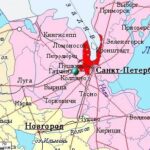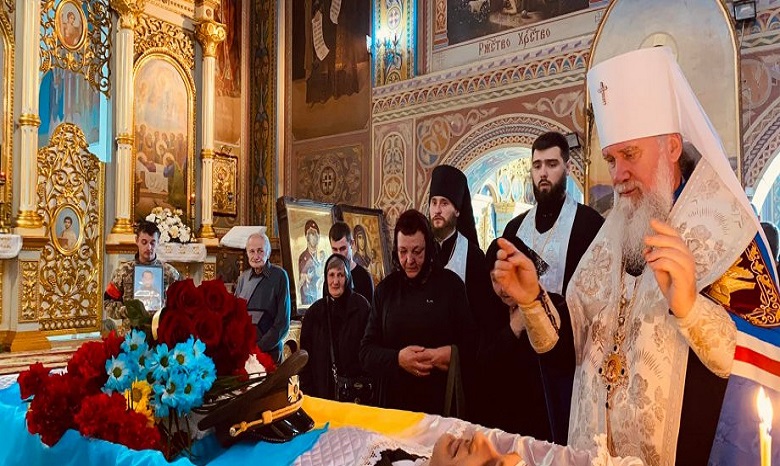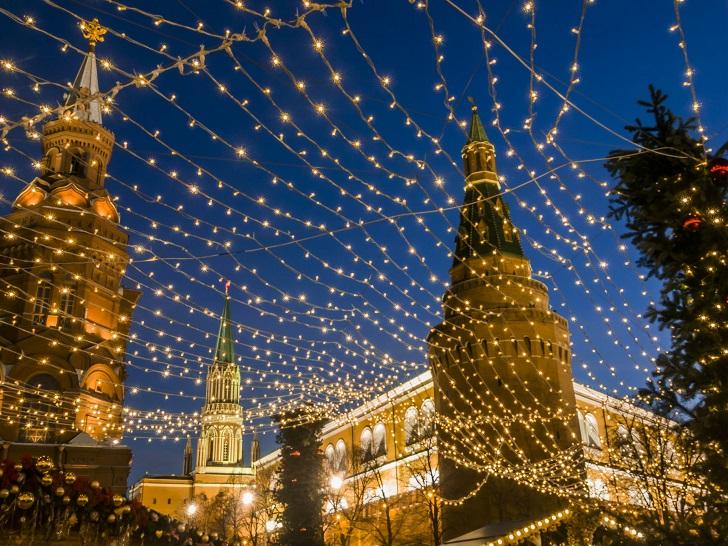First – this word often sounds like an advertising slogan for Channel One Eurasia. It seems like the first in name and business. The self-confident motto is not far from the truth: the TV channel has indeed always been at the forefront of republican ratings, which can be at least somewhat trusted, both in terms of audience coverage and advertising budgets. But still, he holds unconditional leadership, first of all, in creating scandalous informational occasions that go far beyond the media field. And this mind-blowing infotainment began long before the land rallies.
Swinging on Channel One
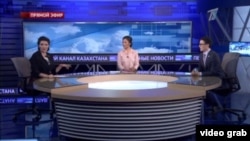
First – this word often sounds like an advertising slogan for Channel One Eurasia. It seems like the first in name and business. The self-confident motto is not far from the truth: the TV channel has indeed always been at the forefront of republican ratings, which can be at least somewhat trusted, both in terms of audience coverage and advertising budgets. But still, he holds unconditional leadership, first of all, in creating scandalous informational occasions that go far beyond the media field. And this mind-blowing infotainment began long before the land rallies.
At first, all the events – statements, lawsuits, deputy requests – related to Channel One revolved around the confusing question of the owner: who owns it – Kazakhstan or Russia, Boris Berezovsky or Rakhat Aliev? Then the issue of information security arose, which became aggravated with the beginning of the Russian-Ukrainian conflict, when the Kazakhs, just like the Russians, were shown on TV every day the alleged atrocities of the “Ukrofascists”. If the Russians were influenced by their own state, which actually waged a war, then the Kazakh inhabitant in this situation turned out to be a collateral victim. But with the “crucified boys” in the Donbass, it was at least clear that this was straightforward, peculiar Russian propaganda, which is being prepared in Russia and relayed in Kazakhstan. There was no ambiguity with the customer and the beneficiary of information coming from the air of the most massive TV channel in the country. With plots about land rallies allegedly funded by the State Department, and with many other plots teeming with enemies, everything looks much more complicated. Whose enemies are these – Moscow or Astana? The long-standing focus with joint ownership and mixed interstate participation has shifted the focus in such a way that it seems that all enemies are exclusively Moscow, and all this conspiracy-themed manner of presenting information is a logical continuation of the information policy characteristic of Russia in the 2010s – Astana stands aside all in white. A very convenient position, a very useful channel, if there were no Eurasia, it would be worth creating at any cost.
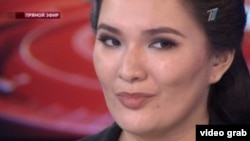
If you maintain the news of Eurasia, you can notice that something like an exacerbation occurs periodically there: journalists, not embarrassed in expressions and means, begin to persistently pedaling a certain topic, which is spinning, as a rule, around malicious Western influence. Today, this topic was land rallies and their paid participants, before that there were many others.
I watched with addiction information programs “Eurasia” during the period when Yermek Narymbayev accused the channel no less of propaganda of war, non -compliance with the norms of language policy, chauvinism and undermining national security; He sued and, of course, lost. I did not conduct the diary of my sensations and psychological changes under the influence of deafening propaganda, like one Western journalist, who for a month was a constant spectator of Russian TV, but recorded too obvious things. I noted, for example, that from February 1 to February 8, 2015, journalists of the News program of “Channel One Eurasia” were very concerned about international and non -governmental organizations. At this time, it is just long and difficult – with criticism from outside and timid resistance to social activists inside – amendments to their profile law were discussed in the country, it was another wave of pressure on international organizations and NGOs. And here is a series of plots, the level, quality and ideological message of which they caused a dumbness-this is now after the notorious plot about “150 bucks” it is already difficult to surprise us with something.
In the release for February 1, viewers were shown some diplomatic reception, nothing special happens in the video-a buffeter like a buffet, people drink, chew, talk, but it seems that something terrible is happening. This effect was achieved at the expense of the filter, which made usual shooting like blurry shooting with a hidden camera, ominous, like in spy films, music and a specific exposing intonation of journalist Ruslan Symov, who, on an alarming black and white background, reported that the United States increased financing of foreign non-governmental organizations, so that they swing the situation in their countries and arrange the Arab Voosns. From February 1 to February 8, 2015, the news of Eurasia repeated this picture either with American, or with some other foreign ambassadors and read the text with actual accusations against public organizations of subversive activities-four times, including weekly analytical program Analytics. In addition to other sensational revelations, journalists said that the tragic events in the Kyrgyz Osh 2010 were preceded by a study on interethnic relations in this region of Frida House, which at that time had no representative office and did not work in Kyrgyzstan.
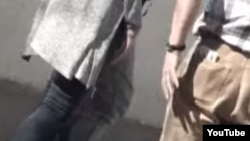
Non -governmental public organizations are not such a sensitive topic as the Earth, and the plots, no less amazing than about B. blogger, did not cause wide resonance.I was surprised to such an extent that I began to ask for an interview from the general producer of the channel, the Russian legionnaire Alexander Zamyslov, who promised, pulled, then was ill with a sore throat, then left for a meeting with me. And recently, having decided to reconsider those memorable issues, I was surprised to find that they were all removed from the official website of Eurasia.
Who was wetting the enemies in the person of NGOs in that particular case or enemies in the person of participants in rallies, who allegedly paid $ 150? The fact of the matter is that this question hangs unanswered.
When Khabar or Kazakhstan speaks and shows and shows, we know by default what Akorda says and shows. When Eurasia speaks and shows and shows – we do not know what to think. Tonight on his air you can show any stupidity – foreign diplomats who, under the lubric table to the music from the movie Dead Season, pass the diplomat with money, or blogger B., whose pockets stick out from the pocket, – and The next day, to comment that this is the position of journalists or write columns about the information policy alien to Kazakhstan.
The ambiguous position of the “first”, despite Kazakhstani 80 percent of the shares, makes it in the eyes of the public more Russian than the Kazakhstani state media. And this ambiguity turned out to be very useful: on the regulated domestic media field, the channel began to play a special role-a trim-chister, a horror, through which power can speak and express throughout the country what it cannot say and express nowhere else, so that not so that not so that it is not To lose a respectable face. Eurasia allows you to maintain the desired distance.
Such a game could be considered even elegant if the players themselves clearly understood where their influence on the conditional speaking head begins and ends. The ambiguity is always mutual, and someday crucified boys can appear where they were not expected at all.
In 2001, the Tang television company, where at that time I worked as the editor-in-chief of the news, came an invitation to the next anniversary of the ORT-Eurasia then. On the invitation ticket it was written: our smaller brothers. We were not offended, but did not understand what exactly the inviting side meant.
In blogs on the Azattyk website, the authors express their position, which may not coincide with the position of the editorial office.


